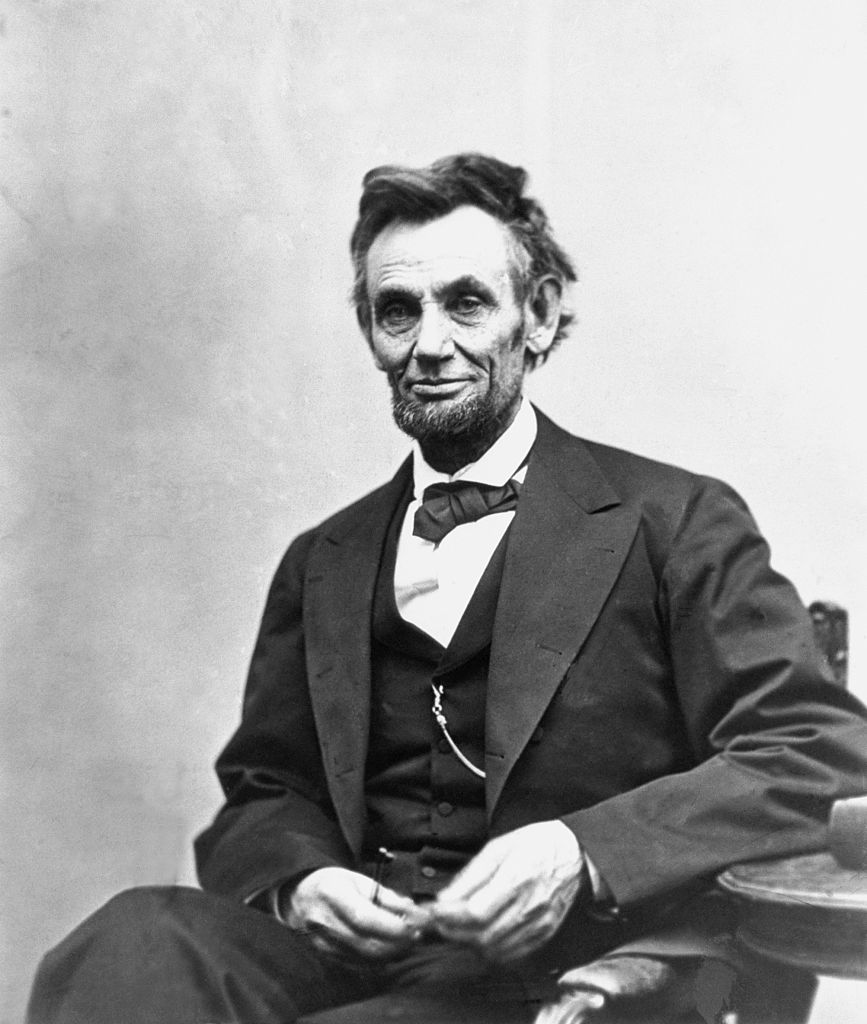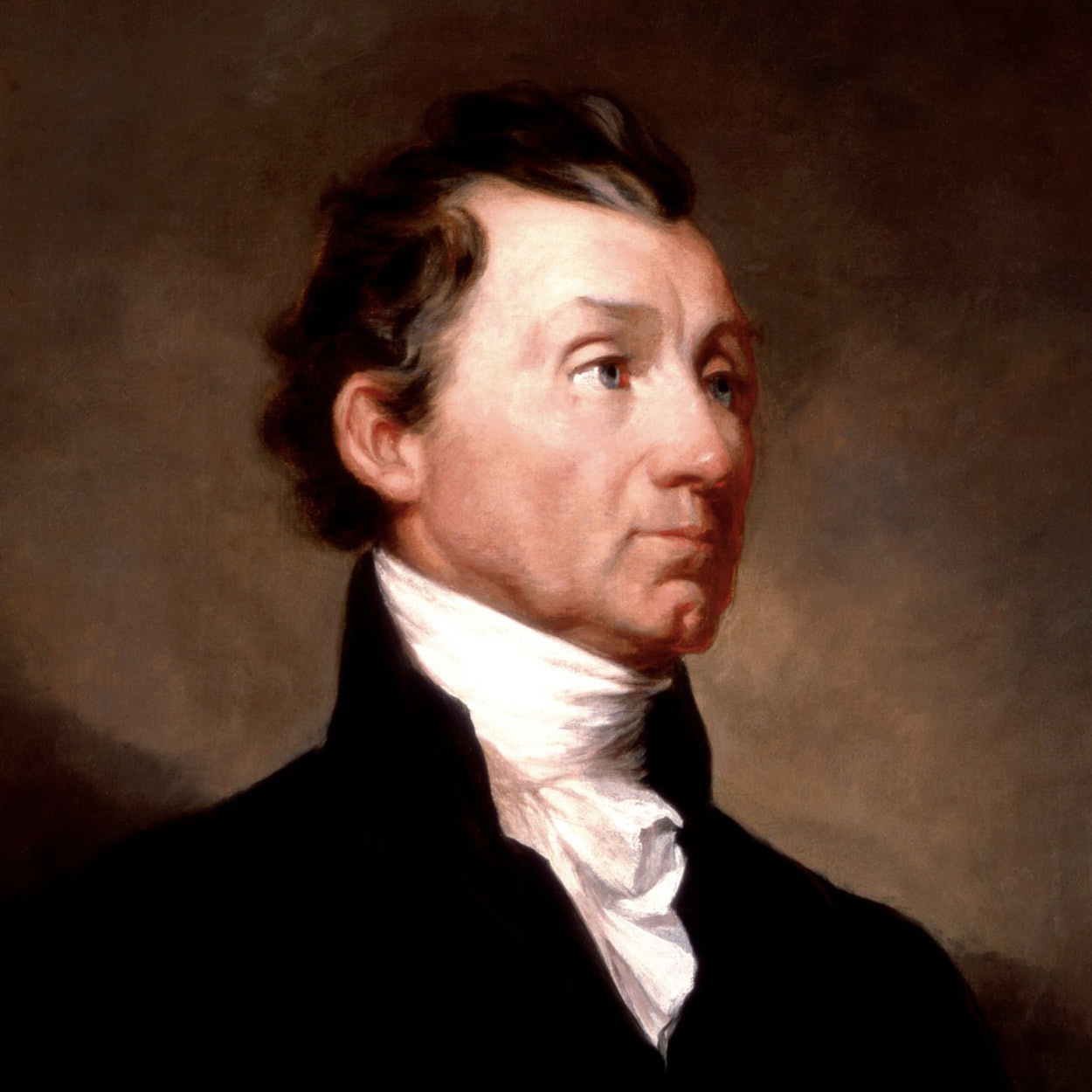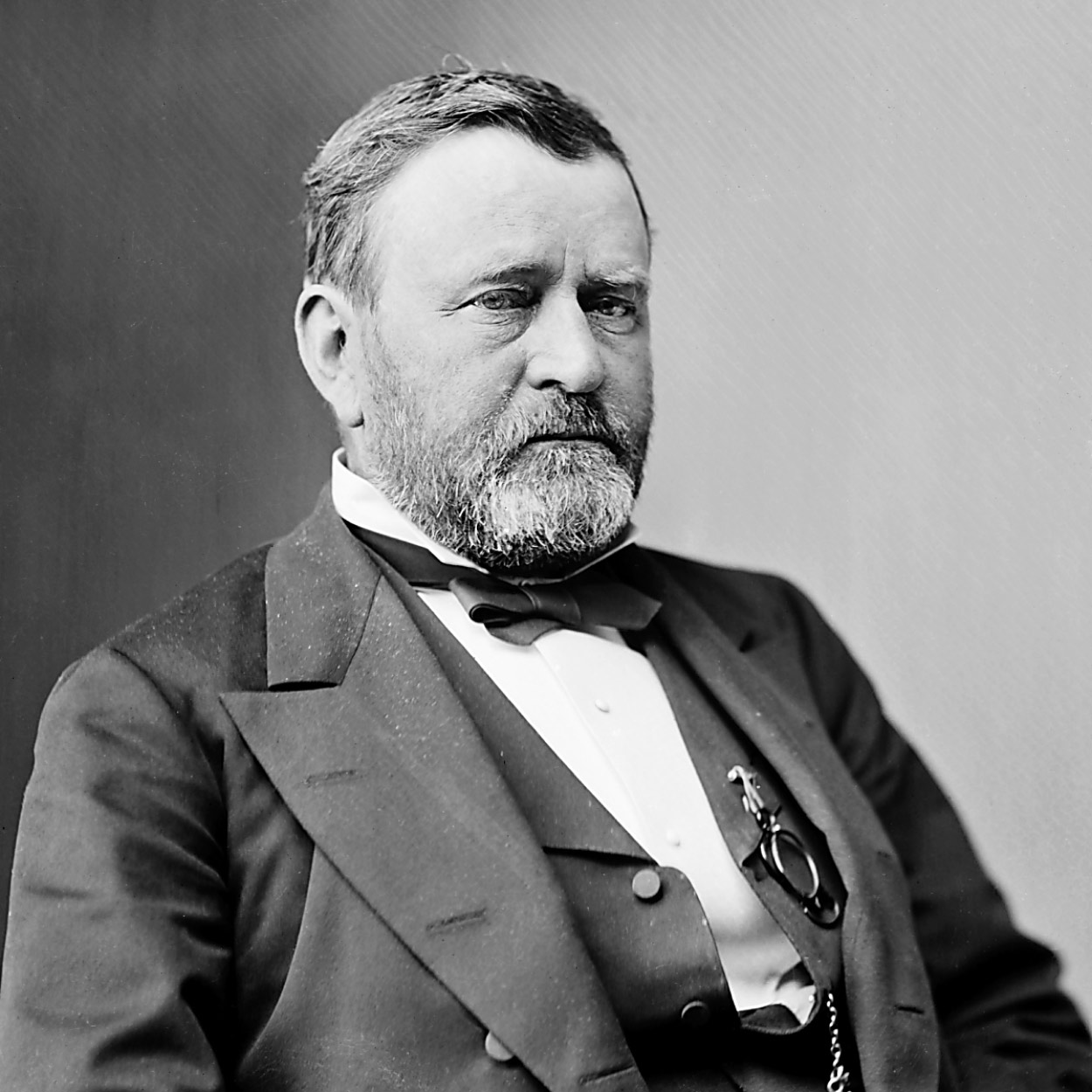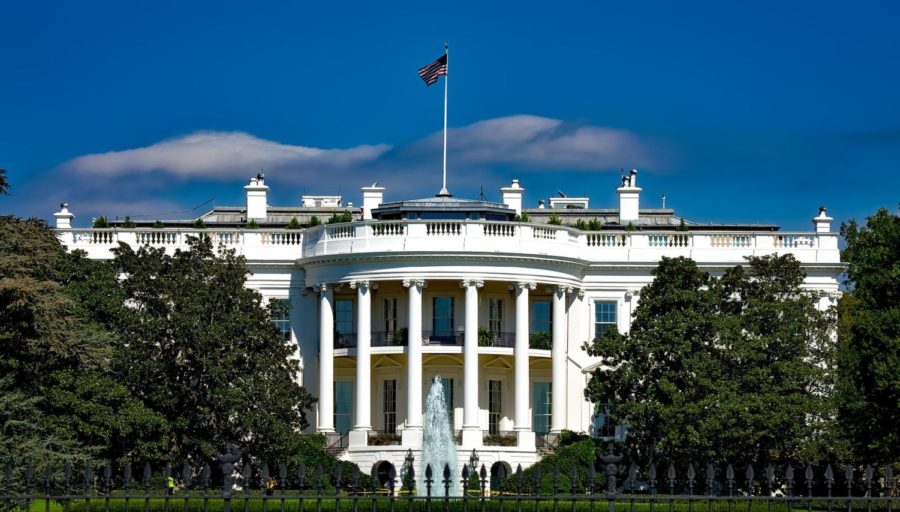Top 10 Best President In U.S. History.
Welcome to the Top Ten List! Each edition we break down a Top Ten List. This edition will focus on the Top Ten Best President! Our ranking is based on popular opinion and votes.
1. Franklin D. Roosevelt (1933-1945)

Franklin D. Roosevelt is #1 for his well-known popularity and his devotion to economic justice! He help pull the country out of the Great Depression. FDR assured the American people, “The only thing we have to fear is fear itself.” Franklin D. Roosevelt is also well-known for his New Deal that aimed to restore prosperity to Americans, as he acted swiftly to stabilize the economy and provide jobs and relief to those who were suffering. He created the CCC, WPA, and many other programs to help the American people. He also led the U.S. through World War II. Lastly, he is the only American president ever elected to four terms, though he died before completing the last one.
2. Abraham Lincoln (1861-1865)

Abraham Lincoln is an amazing presidents for his crisis leadership, during the Civil War. He dedicated his presidency to keeping the United States together and for pursuing equal justice for all. He led the country through the Civil War, and in 1863 he signed the Emancipation Proclamation, freeing the slaves in Confederate territory. He preserved the Union during the Civil War, and waged a political struggle to help African Americans.
3. Theodore “Teddy” Roosevelt (1901-1909)

Theodore “Teddy” Roosevelt was great at public persuasion, as he always had the goals, enthusiasm, and energy to convince Congress to pass progressive reforms. His foreign policy was simple, “Speak softly and carry a big stick.” He created the idea of the Square Deal, a domestic policy, based on three basic ideas, protection of the consumer, control of large corporations, and conservation of natural resources. He also camped with John Muir, which convinced him to expand America’s national parks.
4. George Washington (1789-1797)

George Washington is well known as the nation’s first president and for his leadership during the American Revolution. He worked and fought hard for the Constitution, believing that the Articles of Confederation were not functioning well for the country. He was scared and disappointed to see the country becoming more politically divided toward the end of his first term, and set a precedent by choosing to retire after his second term. He also wrote his Farewell Address warning about the days to come- like political parties. Lastly, he had presided over the convention that drafted the U.S. Constitution and will forever be remembered as the father of this country.
5. Thomas Jefferson (1801–1809)

Thomas Jefferson was a great president, as he was had a unique vision as a leader. He also wrote, the Declaration of Independence, illustrating the idea of natural rights. Although Thomas Jefferson owned slaves, he was also a Founding Father along with George Washington, John Adams, Benjamin Franklin, Alexander Hamilton, John Jay and James Madison. He is well-known for his “purchase” of the Louisiana Territory, vastly expanding the size of the country. He also slashed the national debt by a third.
6. Dwight D. Eisenhower (1953-1961)

Dwight D. Eisenhower was a celebrated commander during WWII! During WW II, he planned and supervised the invasion of North Africa in Operation Torch in 1942–1943 and the invasion of Normandy (D-Day) from the Western Front in 1944–1945. He saw his energies as president largely devoted to the onset of the Cold War. He supported the Korea War, in the efforts to stop communism from spreading. He eventually obtained a truce after years of war in Korea, and he continued the desegregation of the U.S. armed forces started by Truman. Later on, he went on to enforce a court order desegregating public schools in Little Rock, Arkansas.
7. James Monroe (1817–1825)

James Monroe was the fifth President of the United States and the last President from the Founding Fathers. James Monroe known for his international relations skills, as he established the Monroe Doctrine, which warned European nations not to colonize or interfere with the Western Hemisphere. James Monroe’s greatest achievement as a diplomat was his negotiation of the Louisiana Purchase in 1803, along with Monroe Doctrine.
8. James Madison (1809-1817)

James Madison was an American statesman, diplomat, and Founding Father. He served as the fourth president of the United States from 1809 to 1817. James Madison had a strong moral authority, as he declared war against Great Britain in 1812. Americans considered the war a success, leading to a period of soaring nationalism. He was also well-known for his pivotal role in drafting and promoting the Constitution of the United States and the Bill of Rights.
9. John Adams (1797-1801)

John Adams was a remarkable political philosopher. He served as the second President of the United States and was known for his integrity and handling of court appointments. He was great in dealing with France, as Adams never called for war and worked through negotiations keep the peace. John Adams was an advocate of American independence from Britain and a major figure in the Continental Congress. He was the author of the Massachusetts Constitution and a signer of the Treaty of Paris.
10. Ulysses S. Grant (1869–1877)

Ulysses S. Grant was a great president. As a general, Grant led the North to victory in the Civil War, and he’s viewed as a strong advocate for civil rights during his day. He signed legislation establishing Yellowstone as the nation’s first national park and also worked to implement Congressional Reconstruction to remove the vestiges of slavery.











